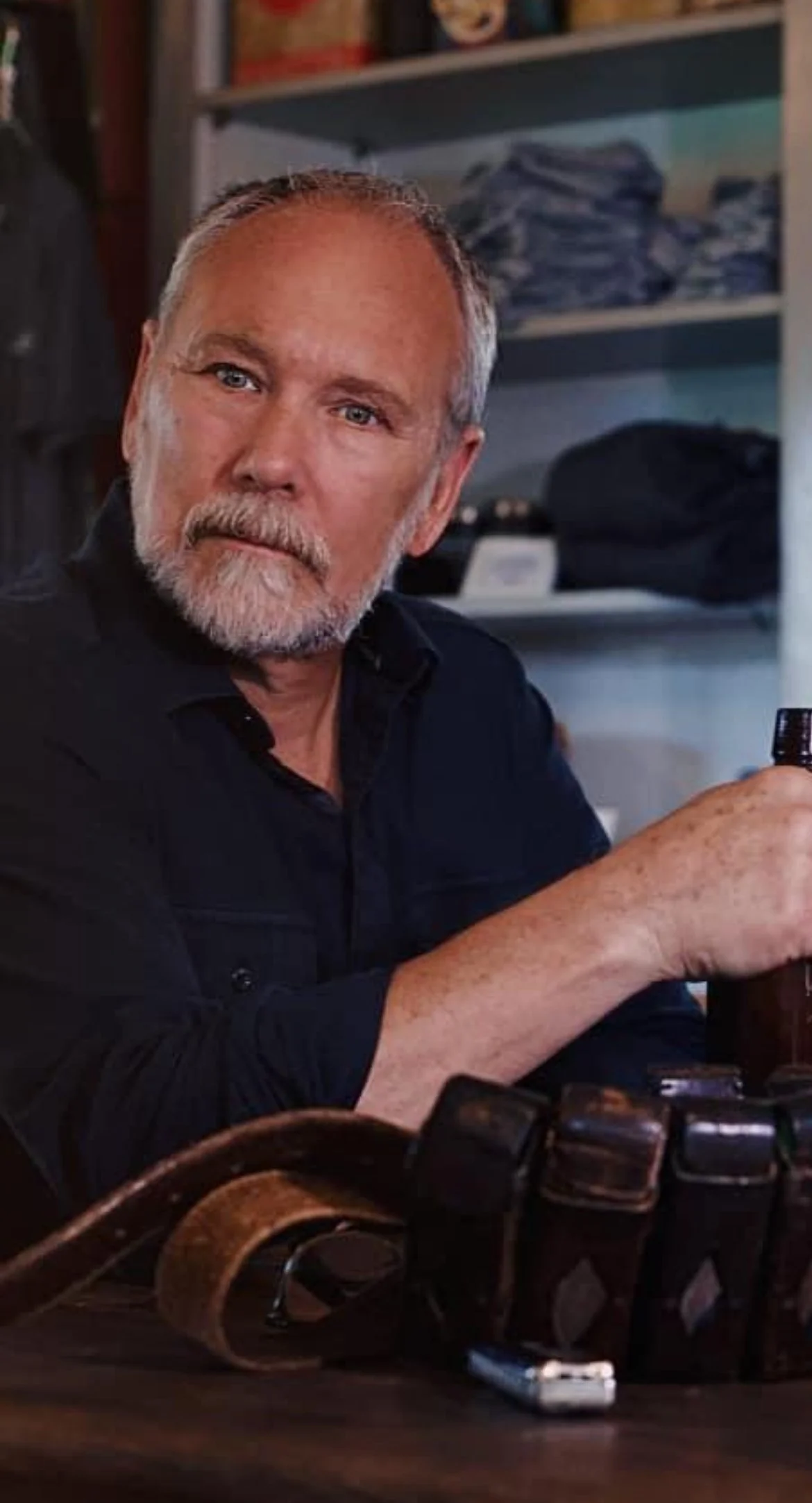Q & A WITH GARY
Q and A with GARY
1. How is playing harmonica different from other musical instruments?
There’s no fingering or tactile component – you can’t see what you play, like with sax or flute. It’s more like singing – everything that happens is out of sight, invisible. Your breath comes in through your mouth, then you exhale thru the harp and your nose. Each hole has two reeds, which vibrate when you create an air stream - you literally breathe the notes into life.
2. The common perception is that harmonica is a blues & country instrument. What players moved and inspired you?
I was initially influenced by all the old blues greats – Little Walter, Big Walter, the Sonny Boys, and all the rest. Things really exploded for me in the 70’s as I discovered players like Paul Butterfield, Charlie Musselwhite, Lee Oskar and Madcat Ruth. However, it was Norton Buffalo whose technical abilities and fresh style changed my direction. In the early 90’s I had the opportunity to study with Howard Levy - there isn’t a harp player on the planet who wouldn’t be impacted by that. I was hearing something unique, attempting to acquire a whole new skill set, and learning to play musically, kinetically, emotively. It changed how I thought about playing outside the blues box.
3. How has the harmonica world changed since you won the first Hohner sponsored World Harmonica Championship in 1987?
The internet changed the whole music industry, but for an obscure pocket instrument like harp, it expanded our world. Players could share techniques around the globe, collaborate and produce creative content more easily. Listeners had another way to discover harmonica besides live concerts. The technical abilities of current players around the world has skyrocketed.
4. You won the World Championship with a song you composed: “Decadel”. How did you go about that?
I composed that instrumental over a month as a competition piece, so it had to make musical sense, but also provide plenty of opportunity to show what I could do technically. I came up with a chord structure working with a pianist, then used some phrasing from things I was already playing. The whole experience stoked my creativity – helped me recapture and expand on other peoples’ playing to show my versatility. I also wanted to perform it in an emotionally nuanced way. It was an important moment at the time, but now there is all kinds of crazy talent out there!
5. Where do you want your musical career to go over the next decade?
I’ve enjoyed a lifetime of working with and accompanying a variety of talented singer-songwriters. I want to perform with more people, more often – revisit some of the venues I already played in - The Birchmere in Alexandria, VA , the Millenium Stage at Kennedy Center, Grand Ole Opry, Ryman Auditorium in Nashville, Passims in Boston, the Philadelphia Folk Festival, NY’s Falcon Ridge Festival, Norfolk Scope Arena – and any new ones that come my way. It would be nice to build a musical legacy around harp – inspire younger musicians.
